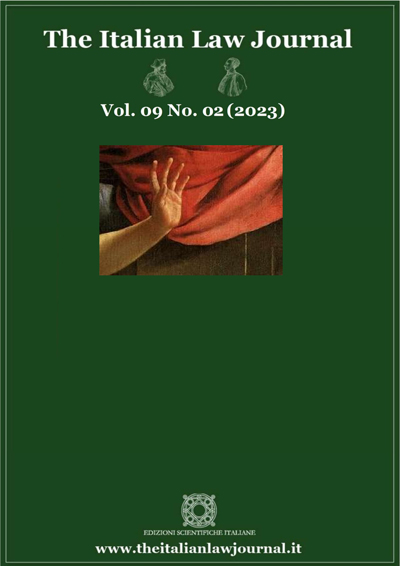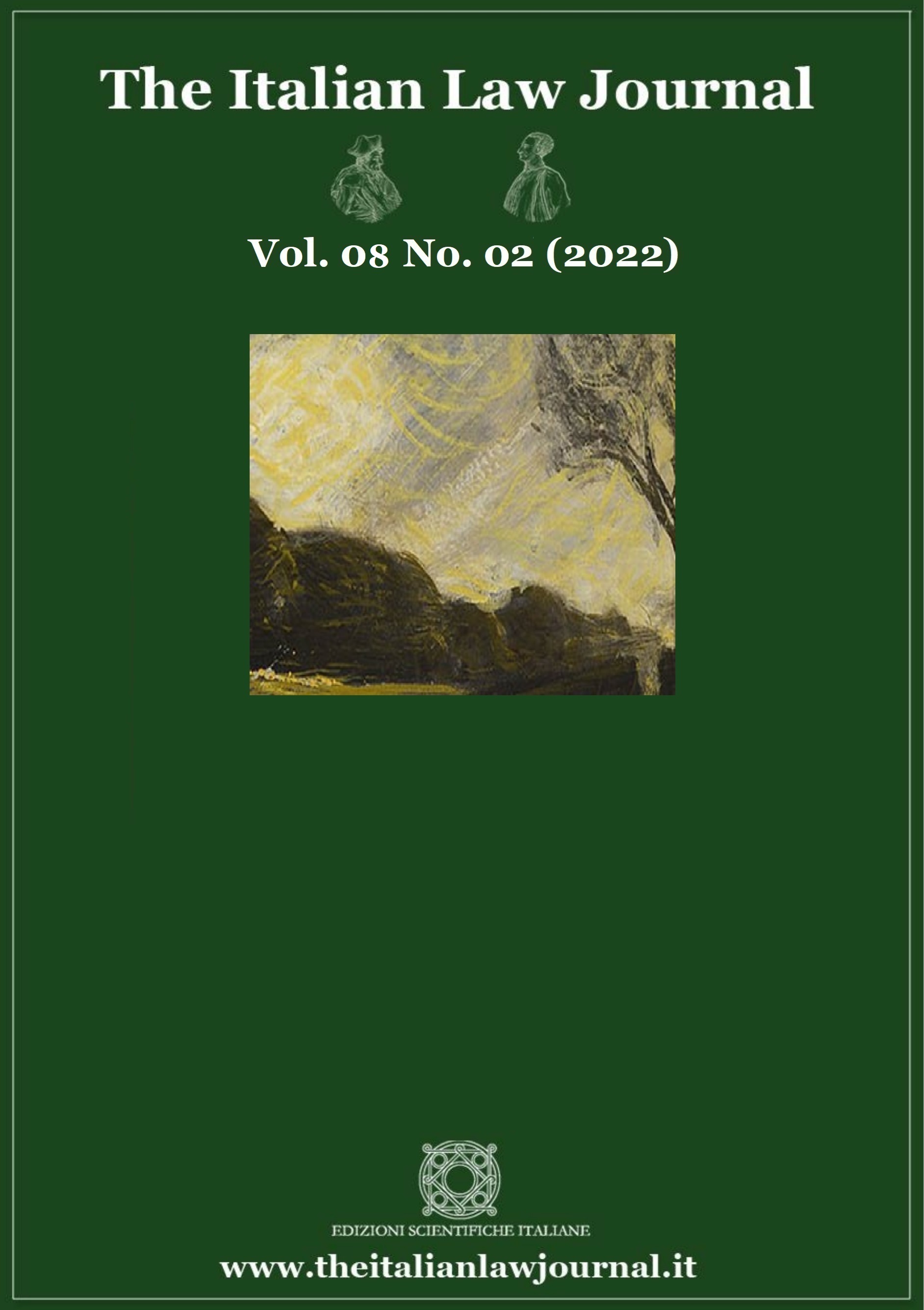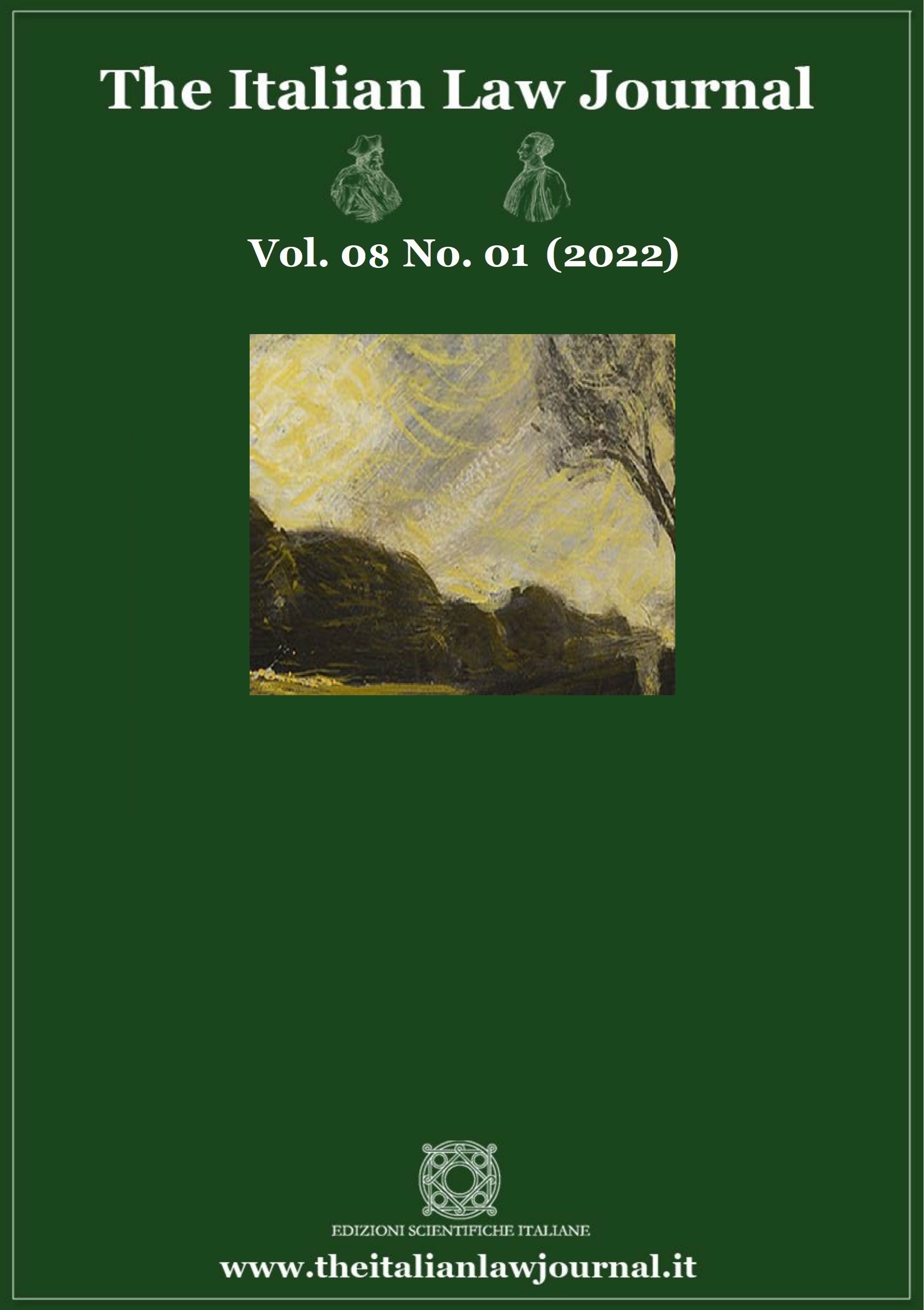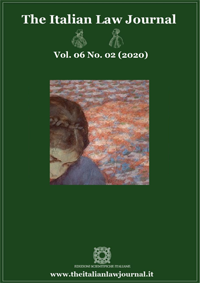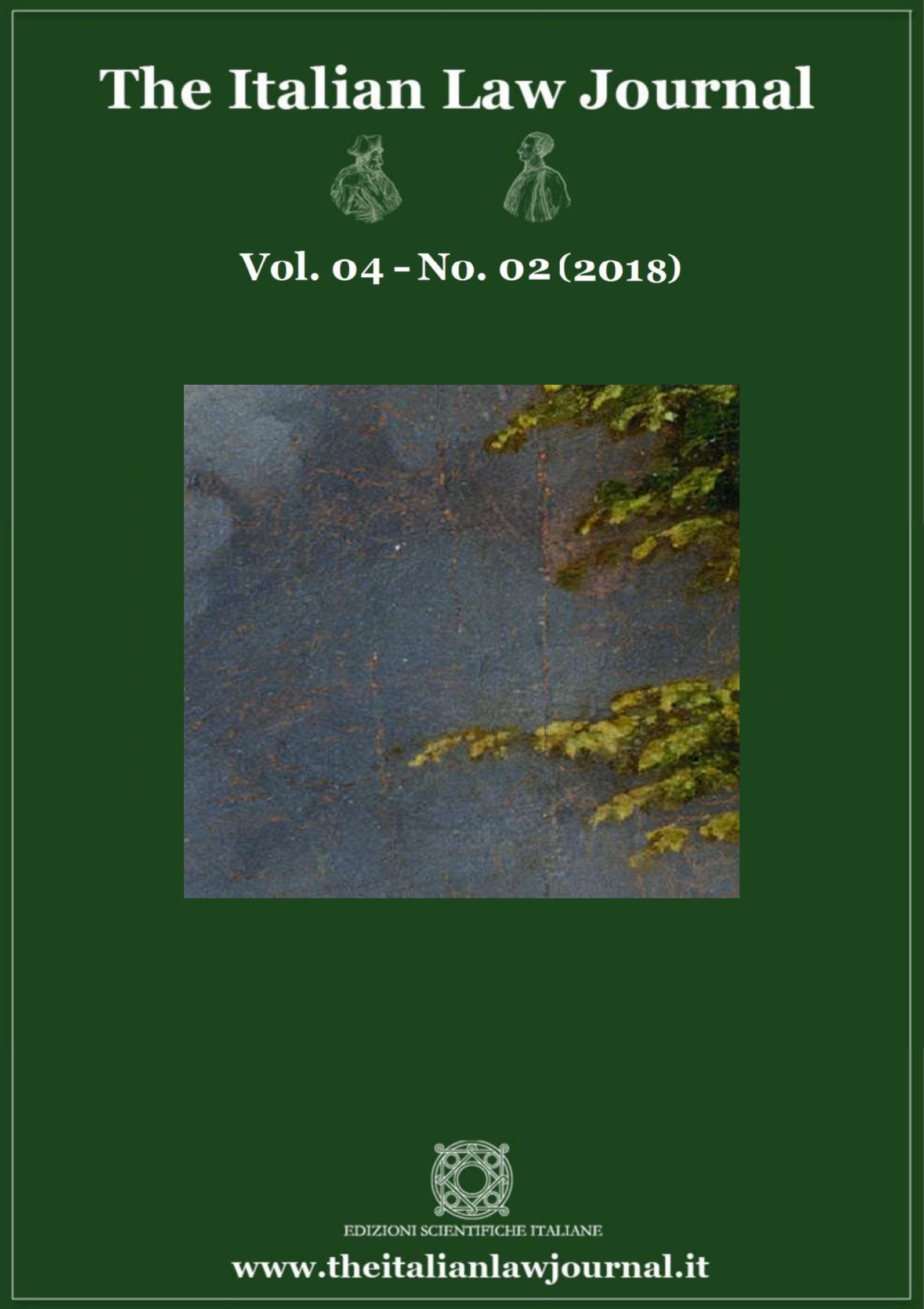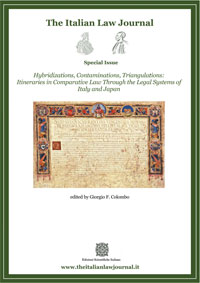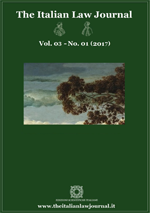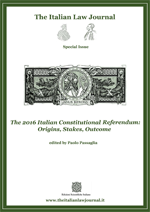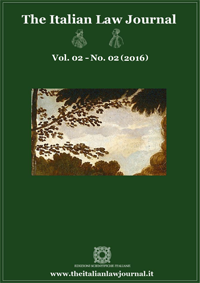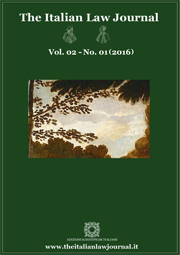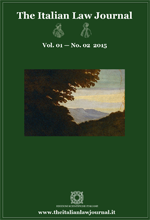9 THE ITALIAN LAW JOURNAL NO. 2 (2023)
Law’s Evolution and a ‘Claim to Progress’ - for a Philosophy of the History of Law
by Massimo La Torre The article aims at providing an attempt to reconsider the notion of evolution of law from a normative point of view and not from a functional or functionalist perspective. Evolution of law thus is disconnected from its possible roots in a Darwinian cosmology or in a functionalist or system theory of society. In such a perspective, evolution is rather interpreted as a punctual change (an improvement?) between two temporal sites. No grand ‘Weltanschauung’ should here be presupposed. On the other side, law is considered as a historical practice and a normative concept that is projected towards a better state of affairs than the present one. In a legal decision there is embedded an intrinsic claim to progress: after the decision the world should be a better one that before it. In a sense, one might speak of an utopian projection of law. This however is not based on any thick philosophy of history, or on any history that could as such offer us a philosophy or a sense to itself. History is hardly a ‘magistra vitae’, though it could perhaps be thematised as the case-law of morality, its ‘jurisprudence’. The progress-inherent force of law could indeed be traced back to its performative character. Law - as Robert Alexy claims - has an intrinsic claim of correctness and justice. Now, the paper tries to show that such claim drives the law into a likewise pragmatically founded claim to progress. Evolution comes to light in the claim to progress. The phenomenology of law might thus be viewed as a practice aiming at what appears normatively better than a past situation, from which legal practice progresses and must come to terms with. DOI 10.23815/2421-2156.ITALJ ISSN 2421-2156








